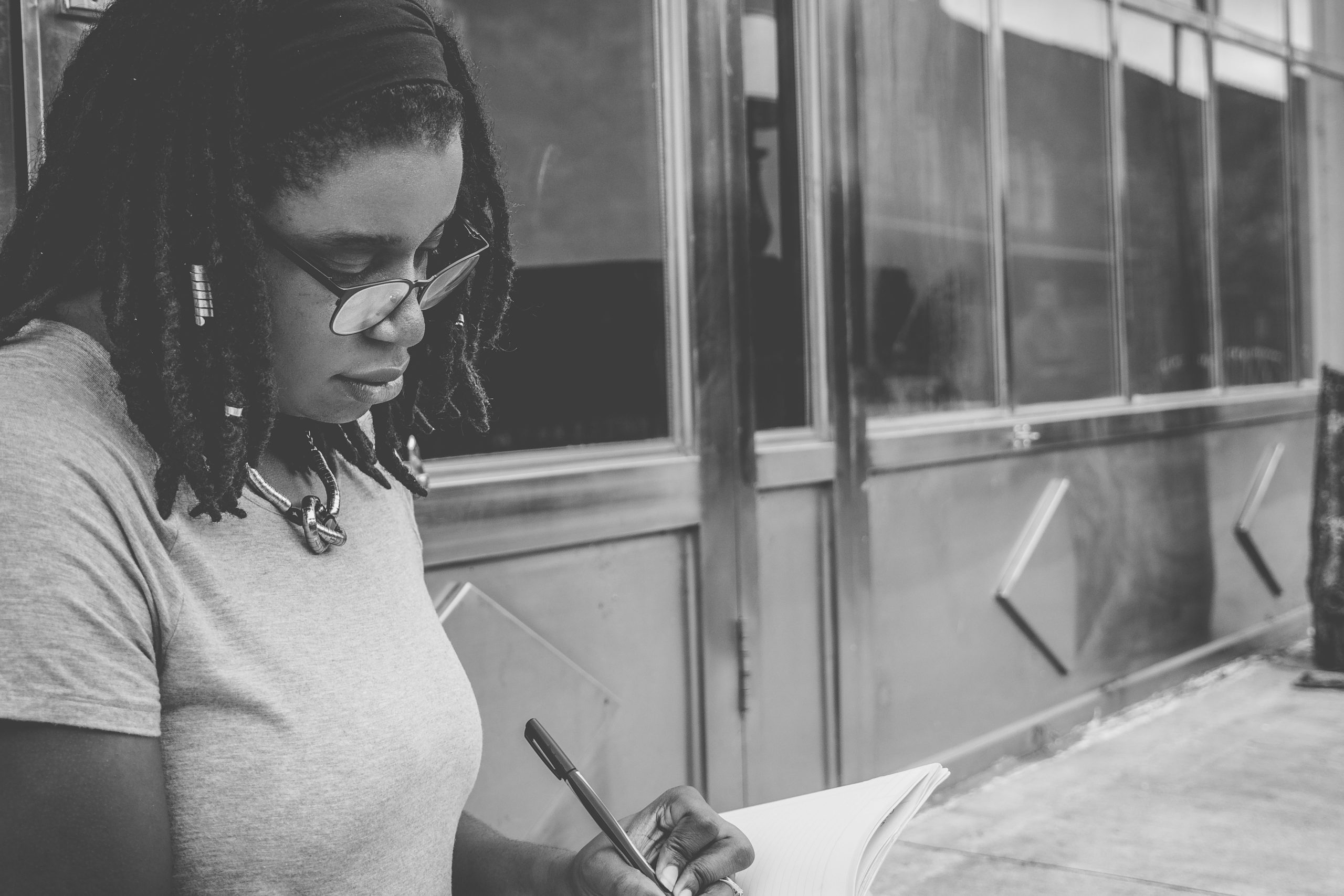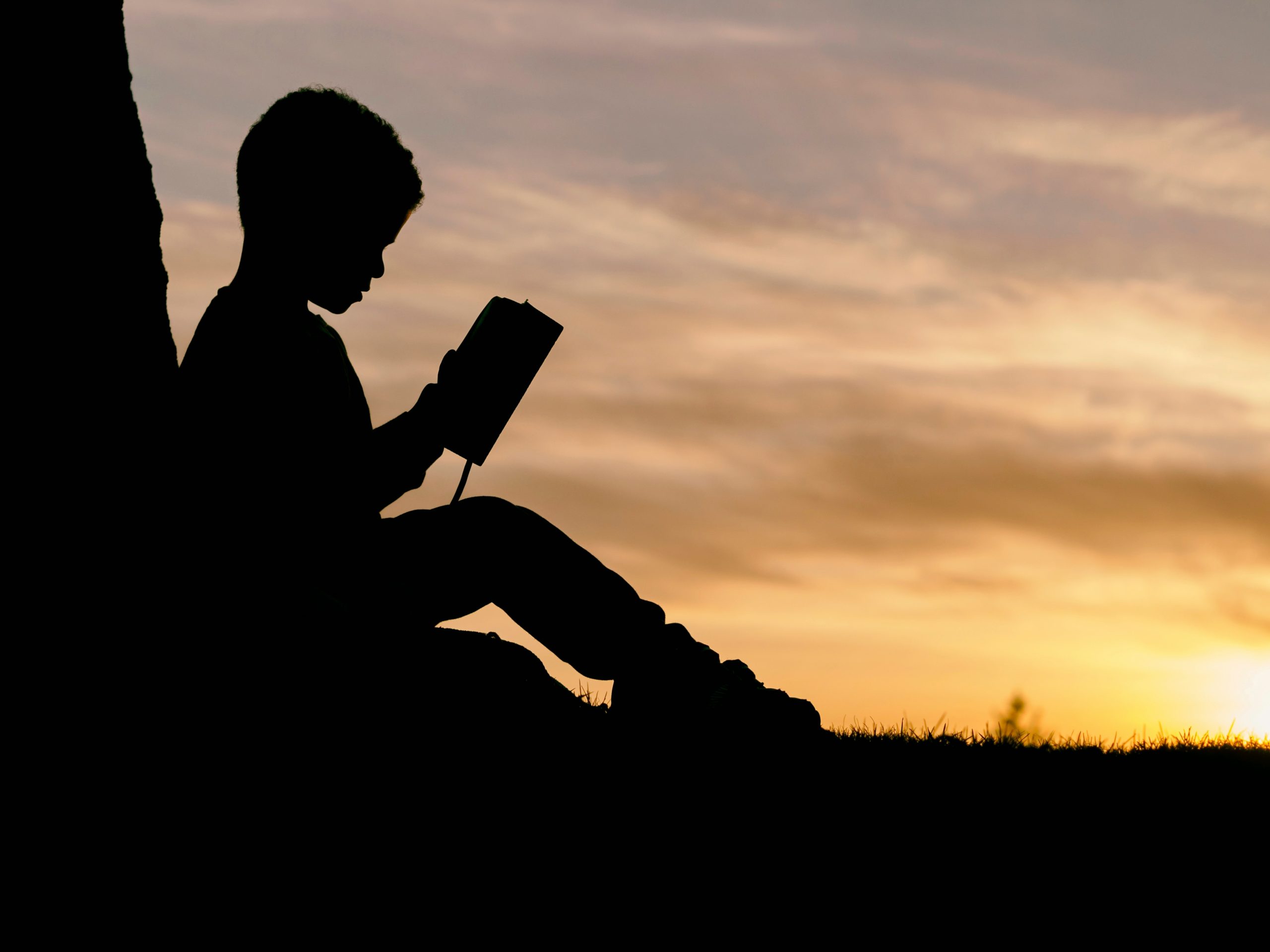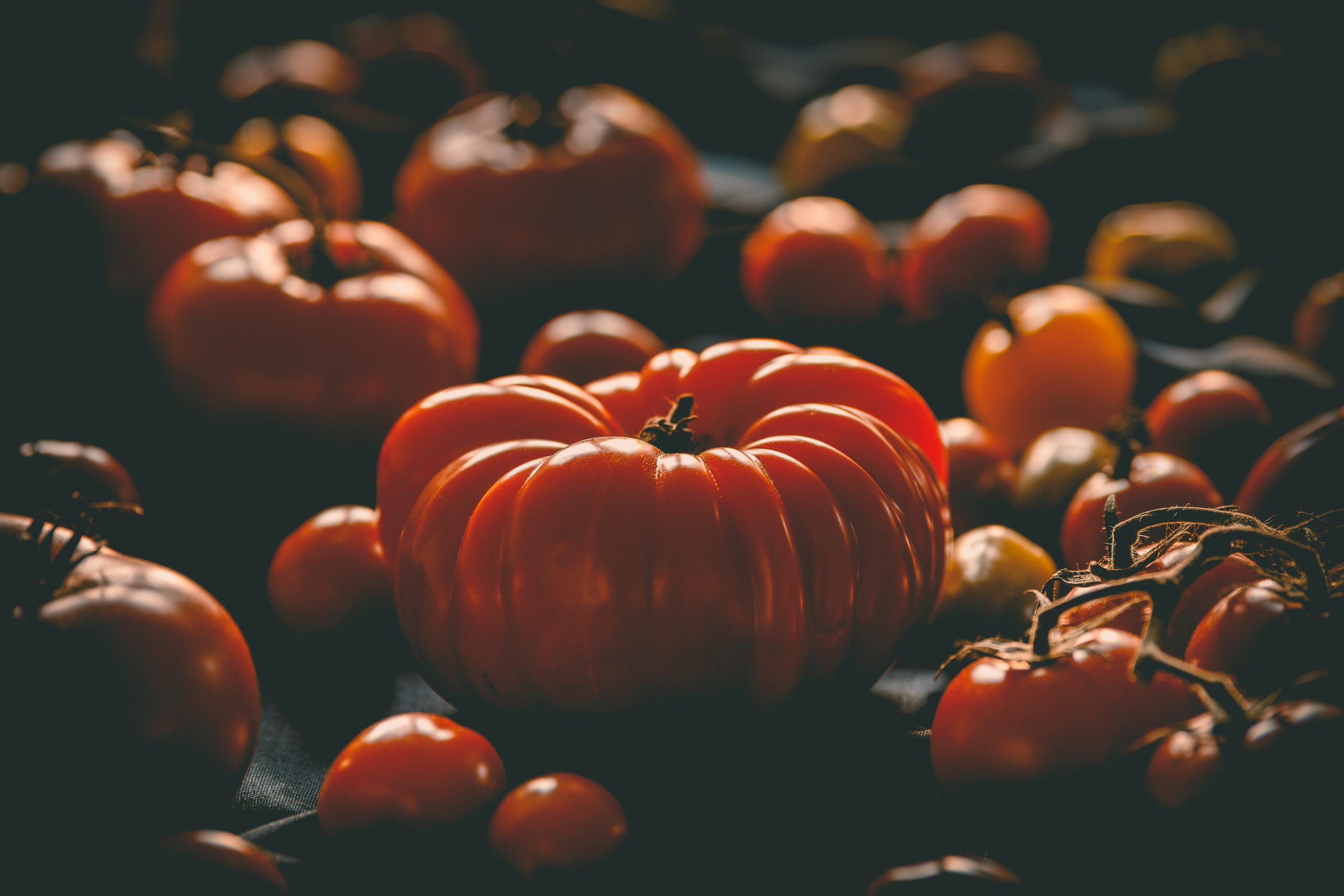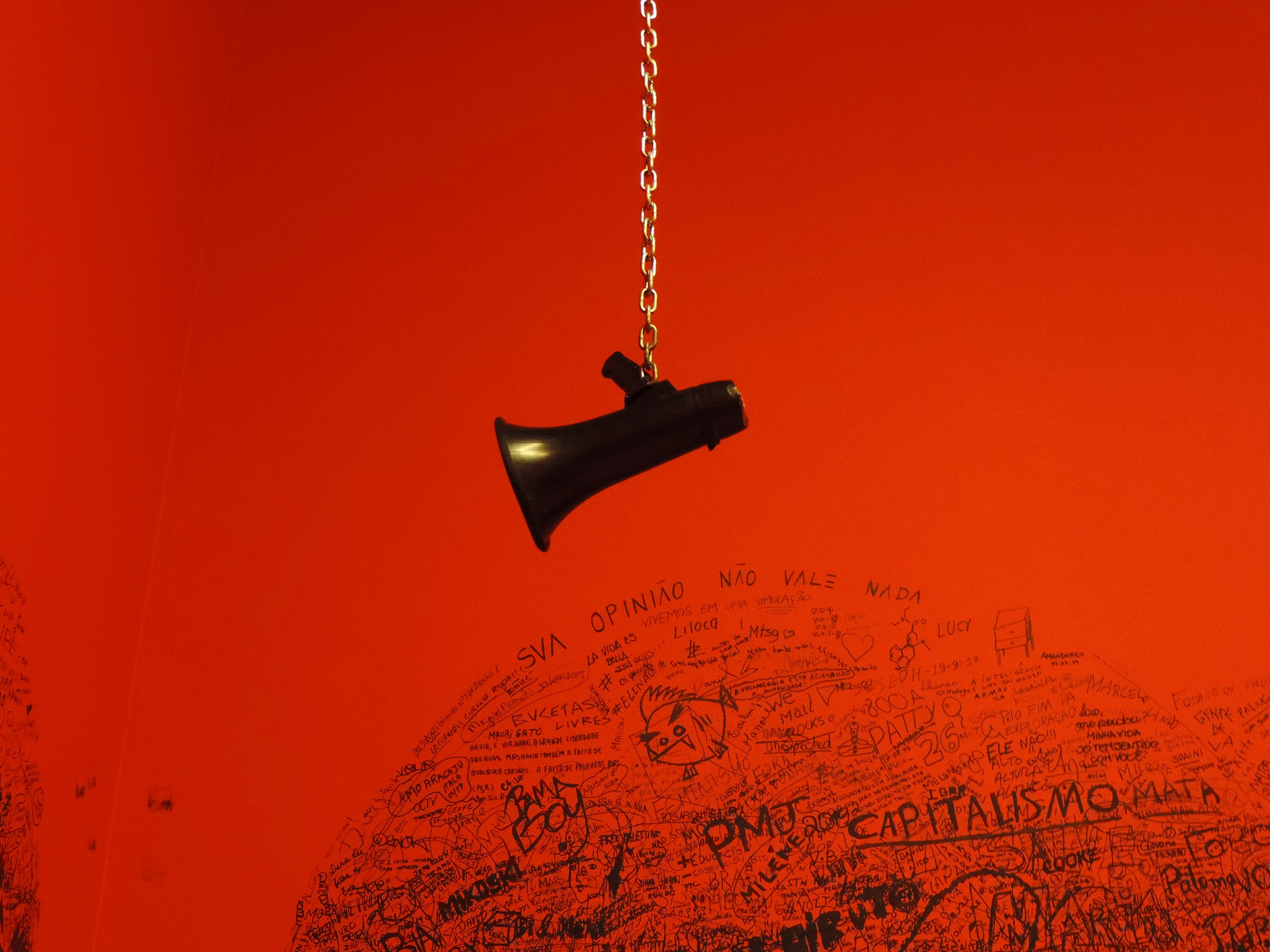
I Will Write Anyways
“I’m afraid my talent is a barrel of water that will eventually go dry if I dip into it too much.”
Some variation of this sentence has bounced around my skull since the first time I received praise for something I wrote. As familiar as these words were, it felt strange to say them out loud, much less in a room full of my peers in our creative writing course. Still, keener that I am, I felt compelled to adhere to the exercise instructions.
The exercise had several parts, but for the sake of this post, I’ll focus on four of them.
First, we had to take two minutes to list as many reasons as we could for why we write. This part was easy.
- I write to process my emotions, thoughts, and reactions to the world around me.
- I write to connect with others.
- I write to entertain; to inspire.
- I write because it allows me some sense of control.
- I write because it feeds my ego, and I like receiving praise.
- I write because I’m good at it.
- I write because it’s fun.
- I write because I have no plan B for this life.
After we finished our list, my professor told us to cap it off with the phrase: and this is why I write.
For the second part, we had two minutes to list the fears we had about writing. I can’t speak for my classmates, but this step was significantly harder for me. I would write out half sentences, then erase them, and there were longer pauses between each point. Even so, I managed to get some fears on paper.
After the two minutes were up, we were instructed to end the list with the phrase: but I will write anyways.
Then came the fun part. We had to select one item from our list of reasons why we write and share it with the class, followed by the closing phrase.
When it was my turn, I stood. “I have too many thoughts in my head to keep them all to myself, and this is why I write.”
Then we did the same thing with our fears. As my classmates stood one-by-one and shared their fears with one another, it struck me that so many of them were echoes of each other—echoes of the things I’d written on my own list.
- I’m scared I don’t have anything important to say.
- I’m scared no one will care about my thoughts.
- I’m scared I’ll never find my audience.
- I’m scared I’ll never sell a book.
- I’m scared people will think I’m stupid.
- I’m scared people will read my work and hate me.
- I’m scared this is as good as I’ll ever be.
In another of my classes that week, we discussed three versions of “Why I Write” essays written by three well-known writers. The goal of this discussion was to analyze the choices the writers made—why we believed they made those choices, whether or not they were effective, what they accomplished, and what we might have done differently.
It’s easy to look at all these motivations and drives and conclude that writers are just miserable people who don’t have anything better to do with themselves.
George Orwell began this whole “Why I Write” schtick, and in his essay, he shares that he wasn’t birthed as a fully formed writing maestro, like Athena from Zeus’ head. Rather, he was an unpopular and miserable child, and his early work stemmed from feeling isolated and undervalued.
In her version of the essay, Joan Didion described the urge to write as an aggressive and hostile compulsion—a form of narcissism in which the writer imposes their thoughts and ideas onto the reader. She goes on to say she became a writer because she wasn’t good at anything else.
Zetta Elliot takes a slightly different approach in her essay and shares reasons for writing that are external and rooted in community. She was hurt and confused after her parents’ divorce and other traumas from her childhood. She shares that she read voraciously to escape all of that, only to meet with the pain of not seeing herself represented in those stories. Her sense of responsibility comes from a desire to prevent other Black children from feeling invisible in the stories they read.
In my own “Why I Write” essay, I focus on my emotional experience with writing. Although it has a more sentimental tone than the examples above, I’m open about the way writing saved me after a five-year depression, and led to my decision to be a writer.
It’s easy to look at all these motivations and drives and conclude that writers are just miserable people who don’t have anything better to do with themselves. I wouldn’t disagree.
Even the way we’re taught to write encourages us to focus on misery and conflict; happy characters make for a boring read and if there wasn’t a problem, there wouldn’t be a story.
Maybe that’s why we worry so much. Maybe that’s why we wrestle with depression and anxiety. Maybe that’s why so many of us are addicted to something. Maybe that’s why we overthink, rewriting drafts and drafts of the first chapter before we’ve even finished the rest of our manuscript. Or why we struggle with crippling perfectionism that leads to a hoard of incomplete projects, or a tendency to assume the worst in people and situations.
Let’s take it a step further and be honest with each other here: a happy person doesn’t write The Bluest Eye. Happy people don’t write 1984, or The Bell Jar, or Giovanni’s Room. Happy people don’t spend hours and hours sitting alone in a room that’s probably too dark, tediously rewriting the same sentence over and over with minute changes until we’re satisfied.
Even the way we’re taught to write encourages us to focus on misery and conflict; happy characters make for a boring read and if there wasn’t a problem, there wouldn’t be a story.
Maybe we are hopeless and lonely and horrid.
But I also think we’re brave.
When we write about the things we ponder into the night after everyone has gone to sleep, it moves people; inspires them; drives them to anger and to love.
Sure, I’m a little biased here, but I think we writers are sensitive folk. We notice people, and events, and things around us in ways that our non-writing counterparts don’t. We see the realities of humanity, the good, the bad, and the ugly, and we feel it all. It builds up the rage, or sadness, or grief, or even joy inside us.
So we write about it.
It isn’t a coincidence that people have tried to silence writers throughout history, up to and including the recent book ban in the US. When we write about the things we ponder into the night after everyone has gone to sleep, it moves people; inspires them; drives them to anger and to love.
Even those who “write to entertain” take on the task of connecting with people in a future time and space; to be in control of their attention, their time, and their emotions for however long they choose to stay with their words. For the length of a novel, TV show, movie, or blog article, they guide their readers through an escape from reality.
That’s a pretty big responsibility.
So maybe we get to feel a little sad sometimes. And maybe we get to be afraid. Because at the end of the day, we still pick up the pencil, or laptop, or solid-gold inkwell and we write.
I’m not going to lie to you.
I’m scared my skills have hit their peak and I’m as talented as I’ll ever be. I’m scared I don’t have the authority to write about the things that move me. I’m scared people will hate me; that they will think I’m boring, or pretentious. I’m scared that something I share vulnerably today will sabotage my livelihood in the future. I’m scared the invisible force that drives me to write will evaporate and I’ll be left flailing with no idea what to do with myself. I’m scared that all my hard work in this craft I love so dearly will amount to nothing, and that I’ll spend the rest of my life in this studio apartment I sit in as I type these words.
But I will write anyways.
I hope you will too.
Brittany is a student in the Bachelor of Creative and Professional Writing program at Humber College. Her immediate writing focus is on developing characters who confront difficult, often buried emotions. When she’s not writing, she firmly embraces chaotic shenanigans, exploring Toronto in search of her next favourite meal or view of Lake Ontario.





Leave a Reply